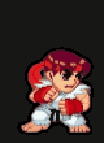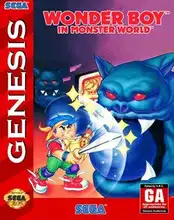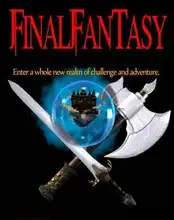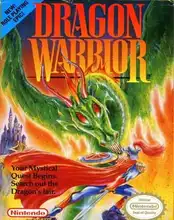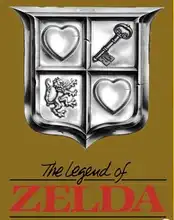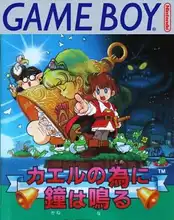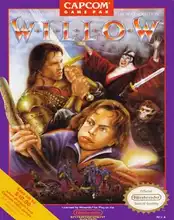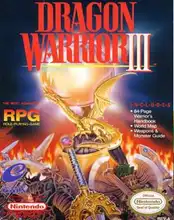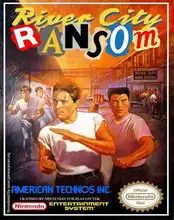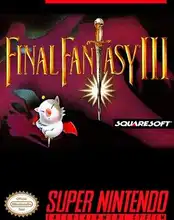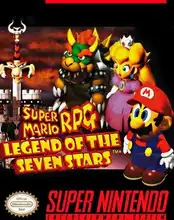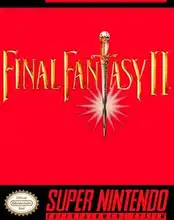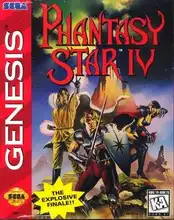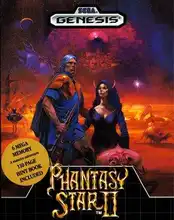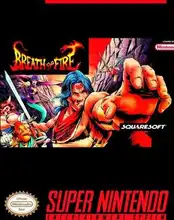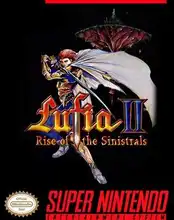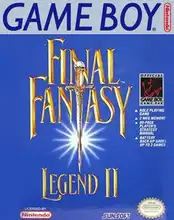Stepping back into the world of classic RPGs feels like pulling out a dusty box of treasures. For many of us, these role-playing games weren't just entertainment; they were entire universes we inhabited for hours, days, and weeks. From epic quests to unforgettable characters and stories that stuck with you long after the credits rolled, the golden age of the RPG genre left an indelible mark on gaming history.
Why do we still talk about these old-school adventures? It's more than just nostalgia. These games often featured deep mechanics, sprawling worlds, and narratives that modern titles still strive to emulate. Let's take a trip down memory lane and remember some of the greats that made the RPG genre what it is today.
The Magic of 16-Bit Worlds
The Super Nintendo and Sega Genesis era brought us some truly legendary RPGs. These games perfected the turn-based combat system, introduced complex character progression, and wrapped it all up in beautiful pixel art.
Chrono Trigger: A Timeless Journey
Mention RPGs from the 90s, and Chrono Trigger is almost guaranteed to come up. Created by a dream team of Square and Enix talent, this game wasn't just a great story; it was revolutionary. Remember the seamless transitions into battle right on the map? Or the New Game+ mode that encouraged replayability? Its influence, from multiple endings to character-specific side quests, is still felt today. Playing it now, the pixel art is still gorgeous, the music is iconic, and the time-traveling narrative holds up beautifully.
Super Mario RPG: Legend of the Seven Stars
Who would have thought the Mushroom Kingdom gang could star in a fantastic RPG? Super Mario RPG: Legend of the Seven Stars was a delightful surprise. It blended Mario's platforming charm with turn-based combat that had an action-command twist, rewarding timing. The humor was top-notch, and seeing Bowser team up with Mario was pure gold. It paved the way for later successful Mario RPG series, proving that the genre wasn't just for knights and dragons.
Stepping into the 3D Realm (Sort Of)
As consoles evolved, so did RPGs. The PlayStation era brought longer games, CD-quality audio, and pre-rendered backgrounds or early 3D environments that felt incredibly cinematic at the time.
Final Fantasy Tactics: Strategy Meets Story
While the main Final Fantasy series went full 3D, Final Fantasy Tactics took a different path. This tactical RPG spin-off focused on grid-based battles, job classes, and a complex political narrative. It was less about exploring towns and more about building your squad and mastering strategic combat on a 3D battlefield you could rotate. Its deep job system and challenging fights provided countless hours of strategic bliss.
Xenogears: A Deep Dive
Xenogears was an ambitious title known for its incredibly deep, philosophical story and blend of on-foot and giant robot (Gear) combat. Initially planned as a Final Fantasy game, it exploded into its own universe influenced by anime and complex themes. While its second disc famously relied heavily on narration, the sheer scope and depth of its world and story left a lasting impression on many RPG fans.
The Enduring Charm
Why do these old-school RPGs still resonate?
- Focused Storytelling: Often less open-world than modern games, allowing for tighter narratives.
- Distinctive Art Styles: Pixel art and early 3D have a unique charm that ages differently than realistic graphics.
- Memorable Soundtracks: Many classic RPGs boast legendary musical scores.
- Challenging Mechanics: Sometimes less hand-holding, requiring players to figure things out.
Whether you're firing up an emulator, digging out an old console, or grabbing a digital version off GOG or a modern console port, revisiting these classic RPGs is always a rewarding experience. They are a fundamental part of gaming history and continue to influence developers today.
Frequently Asked Questions About Retro RPGs
What exactly is a "retro RPG"?
Generally, a retro RPG refers to role-playing games released during the 8-bit, 16-bit, and early 32-bit console generations (roughly 1980s through late 1990s), as well as PC RPGs from that era.
Where can I play classic RPGs today?
Many classic RPGs are available on digital storefronts like GOG.com (for PC classics), or through modern console ports, remasters, and subscription services (like Nintendo Switch Online). Emulation is another option, though legality varies by region and ownership of the original game.
Are all retro RPGs turn-based?
No, while many iconic Japanese RPGs (JRPGs) from the era featured turn-based combat, Western RPGs often used real-time or hybrid systems. There were also tactical RPGs and action RPGs even back then.
Why do people feel so nostalgic about these games?
For many, these were the games they grew up with, offering vast worlds and epic stories during formative years. The unique art, music, and challenging gameplay created powerful memories and a sense of discovery.
